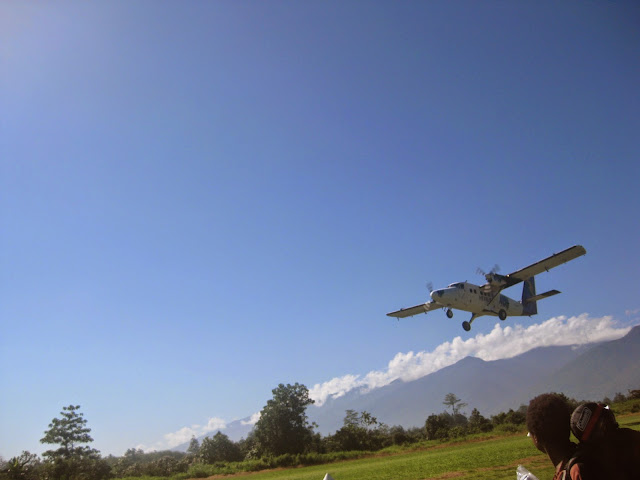The Government plans to review the work permits of all expatriates to ensure conditions have not been breached, and rules on the issuing of new ones will be stricter.
Labour and Industrial Relations Minister Mehrra Kipefa told The National that the department would implement a new policy from next year to tighten the issuing of work permits. A policy paper on it is currently before the National Executive Council.
“Our new policy starting next year will be one entry, one job,” Kipefa said.
Recommended: How to Renew PNG Passport
“We will review all work permits issued to expatriates to ensure they have only one job for which they were issued work or entry permit to work in the country.”
He said there had been some instances where some expats were granted a permit to do a certain job but then did other jobs.
“Those who are found to be doing such will have to be disciplined, including cancelling their work permits and having them repatriated back to their home country,” Kipefa said.
Kipefa said there were a lot of things to be fixed and he would seek the support of fellow ministers and state agencies to get things fixed.
“We also have a lot of technical people coming into the country and doing jobs which our own people have the knowledge and the skills to do, and can competently perform,” he said.
“That is another issue I will be addressing.
“We will only issue work permits and recruit expatriates on jobs that Papua New Guineans are not able to perform.
“And these expatriates will be required to also train Papua New Guineans when they are employed here.”
Kipefa said jobs that Papua New Guineans could perform must be given to them.
“We will classify certain jobs, especially technical and skilled jobs only for our citizens,” he said.
“That is what I will be driving and we are looking at bringing the National Apprentice and Trade Test to the provinces and the districts.
“We have started with Mingende in Chimbu by launching a Trade Testing Centre for carpentry at the Saint Mary’s Technical School last week.
“And based on the success, we are looking at accrediting trade tests for other technical courses like mechanical, electrical, welding and plumbing.”
Kipefa said the policy on “one entry or work permit, one job” was expected to be tabled during the first sitting of Parliament next year.
“I am looking forward to giving a ministerial statement in Parliament on the policy and to commence the implementation,” Kipefa said.
The National



